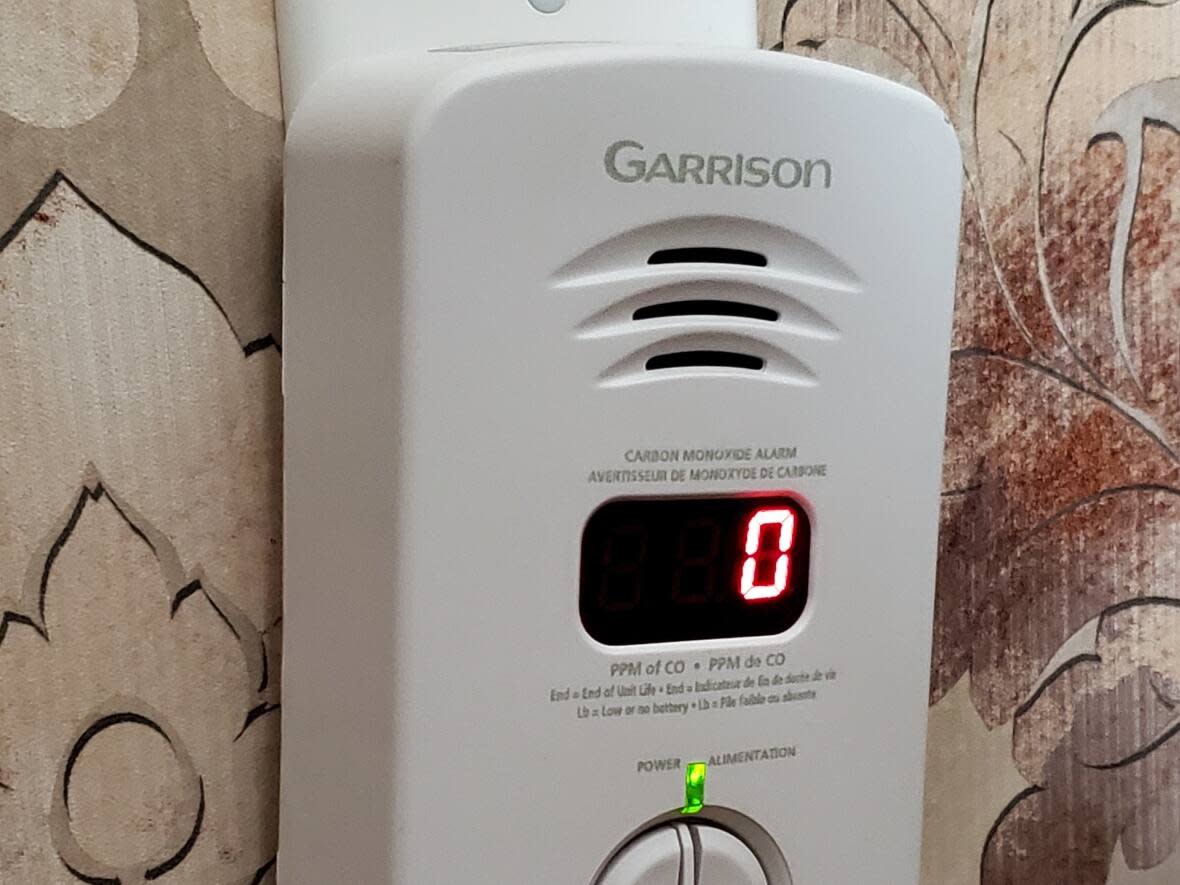11 people suffer carbon monoxide poisoning after using barbecue to stay warm

Officials are warning about the dangers of carbon monoxide after 11 people from one family were hospitalized when they fired up a charcoal barbecue inside a Nepean home.
Nicholas DeFazio, Ottawa Fire Services' public information officer, said when crews arrived at the Arnold Drive row house around 7:30 a.m. Friday, they detected CO levels at 180 parts per million.
The power was out, DeFazio said, and the family was using the grill for heat on the second floor. He said they were experiencing symptoms related to carbon monoxide poisoning and called 911 themselves.
The City of Ottawa, which is handling media inquiries about the incident on behalf of paramedics, said the 11 people received medical attention and are in stable condition.
Wednesday's freezing rain left tens of thousands of people without power in eastern Ontario and western Quebec, with approximately 900 Hydro Ottawa customers still in the dark Saturday evening.
Fire crews have been carrying out wellness checks since the storm, and have found several residents using generators inside garages and homes.
Ottawa Fire Services has also seen calls related to carbon monoxide rise, DeFazio said, although he didn't have hard numbers.
He urged people to be aware of the symptoms of carbon monoxide poisoning, which include headaches, fatigue, dizziness and nausea.
"If you think you [are sick] call 911 right away and go out to fresh air. We'll come check," he said, adding that anyone using a generator or fuel-burning appliances to stay warm should make sure their carbon monoxide alarms are working properly.
Bad weather a catalyst
In Gatineau, Que., fire crews have had approximately 20 calls related to carbon monoxide over the last two days.
One case of carbon monoxide poisoning was also reported in western Quebec, according to Centre intégré de santé et de services sociaux de l'Outaouais (CISSSO), the regional health authority.
No further details have been released about that incident.
Major weather events are often a catalyst for carbon monoxide injuries, according to the Technical Standards and Safety Authority (TSSA), which regulates fuel safety in Ontario.
"This does happen when there's power outages or extended power outages," spokesperson Alexandra Campbell said Saturday.
"I think people look for alternate ways to cook and find warmth in the home," she said. "And I think not everybody's aware — and maybe also a little bit distressed because they're without power — and so [they're] not reading instructions carefully."
'Very, very poisonous'
Carbon monoxide is produced when fuels such as natural gas, gasoline, oil, propane, wood or coal are burned. It binds to hemoglobin in red blood cells, taking the place of oxygen that would normally circulate throughout the body.
As an invisible and odourless gas, it's been deemed the silent killer.
"You can't taste it, you can't see it. But it's very, very poisonous," Campbell said, who stressed the importance of having detectors inside the home.
According to Campbell, more than 65 per cent of carbon monoxide injuries occur in homes. Data kept by the TSSA shows that in Ontario in 2022, there were just over 200 carbon monoxide incidents and one death.
Not only should people keep barbecues outside, they should also ensure they're far enough away from any doors that lead inside the home, Campbell said.
And while people may be borrowing generators for the first time in the wake of the storm, they often sport labels that explain how to set them up safely, she said.
"Appliances made for outdoor use are not safe, in any way, for inside the home or garage or even inside a tent," Campbell said.


